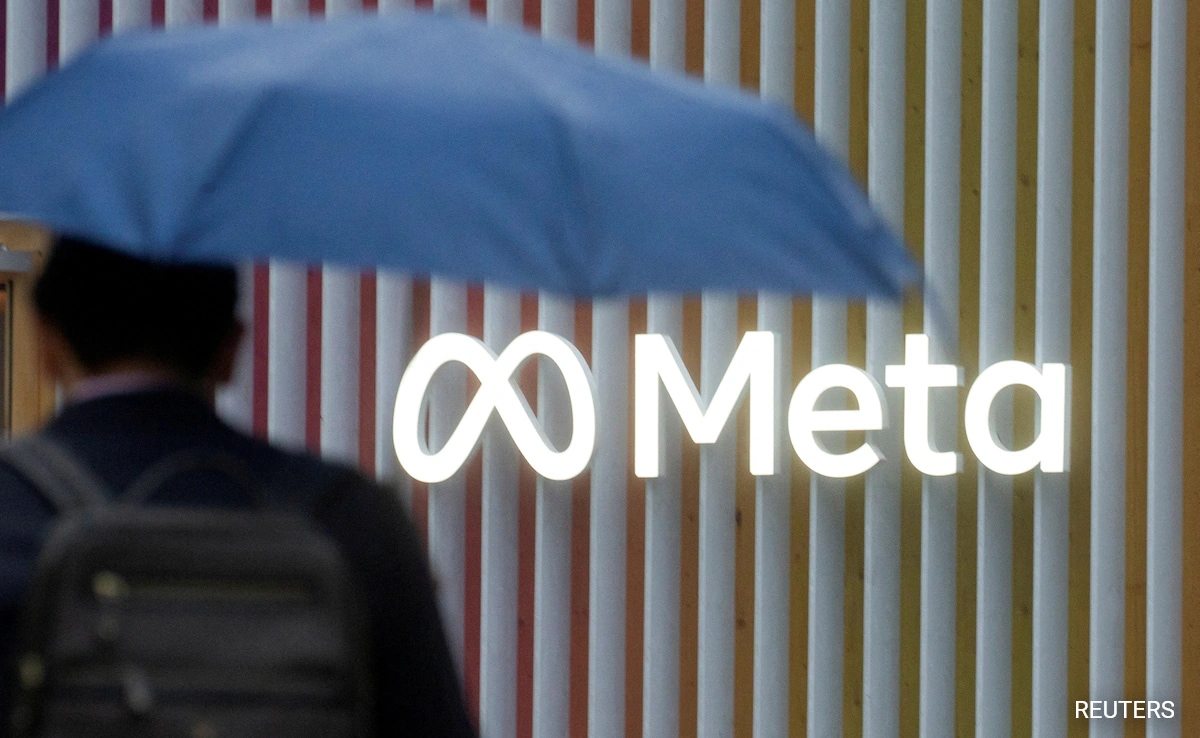The EU Challenges Meta on Transparency
Background
The European Union has formally requested that Meta, the parent company of Facebook and Instagram, provide detailed information about the steps it is taking to improve transparency after discontinuing a tool used to track disinformation online. The move comes as part of ongoing efforts to combat fake news and misinformation on social media platforms.
Discontinuation of the Tool
Meta recently decided to stop offering a tool called CrowdTangle, which was widely used by journalists, researchers, and fact-checkers to monitor trends and track the spread of misleading information on Facebook and Instagram. The decision to discontinue this tool has raised concerns about the company’s commitment to transparency and accountability.
EU’s Call for Transparency
In response to Meta’s decision, the European Union has called on the company to provide more information on the measures it is implementing to ensure transparency in its operations, particularly when it comes to combating disinformation. The EU is seeking a detailed explanation of the steps Meta is taking to address the void left by the removal of CrowdTangle.
Impact on Users
The discontinuation of the CrowdTangle tool could have a significant impact on users who rely on it to monitor and combat fake news and misinformation on social media platforms. Without access to this tool, journalists, researchers, and fact-checkers may find it more challenging to track the spread of misleading information, potentially leading to the proliferation of false narratives online.
Impact on the World
The lack of transparency and accountability in addressing disinformation on social media platforms has broader implications for society as a whole. Misinformation can have serious consequences, impacting public opinion, influencing political outcomes, and even posing risks to public health and safety. The EU’s call for Meta to improve transparency is a step towards addressing these challenges and promoting a more informed and responsible online environment.
Conclusion
Ensuring transparency and accountability in addressing disinformation online is crucial for maintaining the integrity of information shared on social media platforms. The EU’s request for Meta to detail its efforts in this regard is a positive step towards fostering a more trustworthy and reliable online space. By holding tech companies accountable for their actions, we can work towards building a healthier digital ecosystem for all users.





